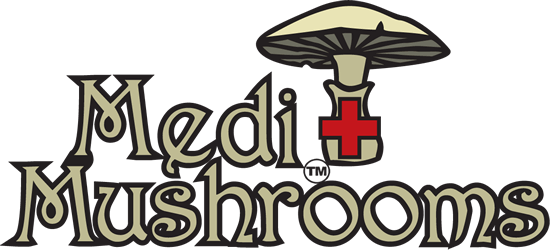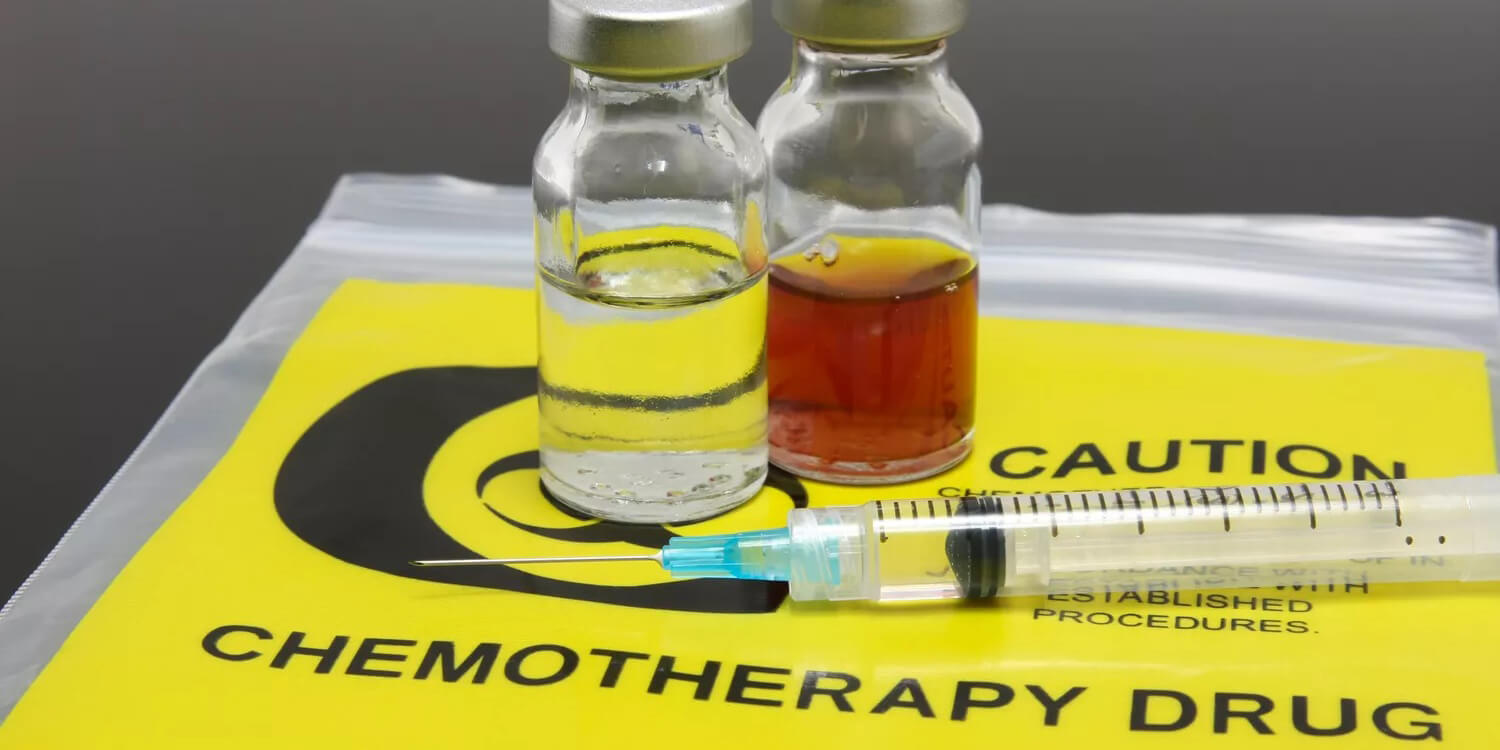*** IMPORTANT SHIPPING & DELIVERY NOTICE ***
Some international couriers continue to experience shipping delays.
We recommend you buy early and in bulk to avoid the impact of these delays.For 25+ years, we've been supporting a Healthy Body, Strong Spirit and Clear Mind!
Providing superior quality medicinal mushroom supplements
to customers in 74 countries around the world.2025 YEAR END SPECIAL!
- Tap for Navigation
- Dietary Supplements ▼
- » Dr Alla's Cordyceps
- » Dr Alla's Lion's Mane
- » Dr Alla's Maitake
- » Dr Alla's Reishi
- » Dr Alla's Shiitake
- » Testimonials
- Symptoms Chart
- Get Advice ▼
- » FAQ
- » Health Consultations
- Dr Alla's Insights ▼
- » Medical Conditions
- » Mushroom Properties
- » Research Info ►
- » » Medical Quotes
- » » Reference Works
- » » Mushrooms - Why Special?
- About ▼
- » Dr Alla's Story
- » Testimonials
- » Trade Enquiries
- » Contact
- Customer Info ▼
- » Access My Account
- » Track My Order
- Navigation
- Dietary Supplements ▼
- » Dr Alla's Cordyceps
- » Dr Alla's Lion's Mane
- » Dr Alla's Maitake
- » Dr Alla's Reishi
- » Dr Alla's Shiitake
- » Testimonials
- Symptoms Chart
- Get Advice ▼
- » FAQ
- » Health Consultations
- Dr Alla's Insights ▼
- » Medical Conditions
- » Mushroom Properties
- » Research Info ►
- » » Medical Quotes
- » » Reference Works
- » » Mushrooms - Why Special?
- About ▼
- » Dr Alla's Story
- » Testimonials
- » Trade Enquiries
- » Contact
- Customer Info ▼
- » Access My Account
- » Track My Order
The cancer-treating methods depend on various factors, such as:
- Which organ is affected?
- What is the type and stage of the cancer?
- What is the age of the patient?
Based on this information, the oncologist gives recommendations on the type of treatment outlining the benefits and the risks of each type of treatment and the patient has to agree to a specific method.
What cancer treatment methods are available?
Surgery – removal of the cancer entirely or as much as possible.
Chemotherapy – use of specific drugs to destroy the cancer cells.
Radiation therapy – use of X-rays or protons to destroy the cancer cells.
Immunotherapy – use of own immune system to fight cancer.
Targeted drug therapy – use of drugs that identify and target certain types of cancer cells.
Hormone therapy – use of hormones to slow down or stop the growth of cancer that uses hormones for cancerous growth.
Bone marrow transplant – use of own or donor’s bone marrow.
Radiofrequency ablation – use of high-frequency electrical energy in the cancer tissue causing damage and death of cancer cells.
Cryoablation – use of gas directed into the affected tissue causing the death of cancer cells.
Unfortunately, all the above cancer treatment methods have numerous side-effects. In this article we’ll look at the most extensively used treatment method, chemotherapy.
What is chemotherapy?
Having chemotherapy means that one drug or a combination of a few anti-cancer drugs is used to achieve the following: prevent the cancer cells from growing and multiplying, and ultimately destroy the cancer cells.
These drugs are administered directly into the blood stream which means that they can locate the cancer cells anywhere in the body. In some complex cases chemotherapy can be used in conjunction with other treatment methods as per the list above.
What are the chemotherapy side-effects?
Cancer cells grow much faster than the healthy cells. The anti-cancer drugs that are introduced into the blood stream of the whole body affect not only the cancer cells but also the healthy cells causing their damage as a side-effect.
Here are the types of side-effects:
Anaemia – manifests itself as the result of combination of a few factors, such as blood cells destruction, bruising and bleeding, kidney dysfunction, malnutrition.
Hair loss (alopecia) – mostly a temporary side-effect. A few weeks after the last treatment the hair starts re-growing. Often the newly grown hair has a changed colour, thickness, and texture, sometimes becoming curly when the person used to have straight hair in the past. All these changes usually reverse to normal with time.
Nausea and vomiting – these are regarded as most severe and most stressful side-effects to deal with and can be quite crippling. Mouth, Tongue and Throat sores – the cells inside the mouth and throat get damaged causing the formation of painful sores affecting the swallowing, eating, and talking.
Gastrointestinal issues – here can be several symptoms, such as nausea, vomiting, diarrhoea, dehydration, heartburn, stomach pain, anorexia, weight loss or weight gain, malnutrition, constipation.
Sexual and reproductive issues – in cases when a younger person needs to have chemotherapy, it is advisable to discuss options of preserving ovarian tissue, oocytes, or embryos or semen as these can be affected and prevent the ability to have children. Another issue can be impotence or the lessened desire to enjoy sex.
Peripheral neuropathy – the nerve damage is one of most common side effects which occurs in about 40% of patients. This condition can be irreversible and progressive, starting in fingers and toes, then progressing to hands and feet and sometimes to arms and legs causing tingling or burning sensation, numbness, shooting pain and sometimes sensitivity to cold.
Cognitive impairment – it affects the ability to think clearly and learn, to focus and concentrate on daily tasks.
Tumour lysis syndrome – as the result of toxins released from the damaged cancer cells during the chemotherapy, the excessive amount of potassium, phosphate and uric acid, low level of calcium cause cardiac arrythmia and life-threatening kidney damage.
Organ damage – these are heart, kidney, liver, and ear damage.Neutropenic enterocolitis – this is a life-threatening gastro-intestinal complication which is an intestinal infection.
Teratogenicity – there is a possibility of causing defects in a developing foetus.
Less common side-effects – water retention, allergies, dry mouth, dry skin, red skin, damaged fingernails, cardio-vascular diseases, hand-food syndrome, etc.
Other side-effects:
- fatigue
- headaches / persistent headaches
- muscle pain
- feeling of being sick
- loss of appetite
- tiredness
- weakness in hands and feet
- unsteadiness while walking
- neck stiffness
- feeling clumsy and trembling
- achy muscles
- reduced movement of tissues in the treated areas
- impaired hearing and vision
- easily getting infections
- slowed down bone growth in children
- early start of menopause
- reduced lung capacity
- difficulty breathing
- bone and joint problems
- thyroid or adrenal gland problems
- development of cataracts and more.
All of these are examples of other side-effects from chemotherapy that can last for months and even years after the chemotherapy course is finished.
Does everyone get these side-effects?
No, not everyone, but most people experience some side-effects. These side-effects manifest themselves differently from person to person. Some people don’t get as many side-effects as others, or they might be not as severe.
Though these side-effects can be unpleasant and even risky, it is necessary to discuss with the oncologist all the options available for the cancer treatment as well as ways to mitigate them.
For how long do the side-effects last?
The feeling of constant tiredness and fatigue usually lasts anything from three to four weeks after treatment stops, but often it can continue for up to two or even three months.
In most cases the recovery from the chemotherapy that includes dealing with other symptoms lasts from 6 to 12 months after the course has finishes and in some cases the side-effects can last for years or even a lifetime when serious damage has been done to the heart, kidneys, lungs, or the reproductive organs.
Does chemotherapy damage the immune system?
The scientific research shows that chemotherapy can compromise the immune system for a lengthy period, for up to nine months after treatment has stopped. This means that people are left highly vulnerable to various infectious diseases and serious complications.
Do medicinal mushrooms help in post chemotherapy recovery?
Yes, absolutely.
Here is an interesting fact that is not well known:
Medicinal mushrooms stimulate the joint benefits of the anti-cancer drugs. They inhibit thrombogenesis on the wall of surrounding cells tissue and remove the blockade of cancer medication in the bloodstream making the treatment more effective and the potency of these drugs is increased.
At the same time, medicinal mushrooms help combat the side-effects of chemotherapy by, for example, reducing nausea and vomiting, alleviating the feeling of being sick, improving the cognitive functions, minimising the damages to the tissues and nerves, help reduce the formation of mouth and throat sores, and much more.
It has been scientifically proven that medicinal mushrooms greatly stimulate the immune system protecting on a cellular level the tissues and organs from damages caused by the anti-cancer drugs.
Medicinal mushrooms turn on a powerful anti-inflammatory defence mechanism that helps combat various post-chemotherapy complications and side effects.
Among many components that make this happen are polysaccharides, Beta-glucans, amino acids (Arginine, Leucine, Lysine, Phenylalanine, Valine, etc), lentinan, protein, fibre, vitamins (A, group B, C, D, Niacin, etc), phenolic compound, carotenoids, mico-steroids, as well as the minerals (Fe, Zn, Mn, K, P, etc) and so on.
Recommended Medicinal Mushrooms:
Cordyceps
Lion’s Mane
Maitake
Reishi
ShiitakeThe combination of the active compounds and their accumulative properties makes a huge difference in the post-chemotherapy recovery.
Please do not hesitate to contact me and discuss your health issues or any of our MediMushrooms products.
I am here to help,
Dr Alla.
CONTACT INFO
021 227 9922 (NZ)
+64 21 227 9922sales@medimushrooms.co.nz
Skype: alla.kiroshka
We ship globally to 74 countries and locally to all regions of New Zealand. Local shipping destinations include Auckland, Bay of Plenty, Gisborne, Hawke's Bay, Manawatu-Whanganui, Northland, Taranaki, Waikato, and Wellington on the North Island. As well as Canterbury, Marlborough, Nelson, Otago, Southland, Tasman, and West Coast on the South Island.

Top NZ cities and towns we ship to include Alexandra, Arrowtown, Ashburton, Auckland City, Blenheim, Bluff, Cambridge, Christchurch, Cromwell, Dannevirke, Dargaville, Dunedin, Eltham, Feilding, Gisborne, Gore, Greymouth, Hamilton, Hastings, Havelock North, Hawera, Hibiscus Coast, Hokitika, Huntly, Invercargill, Kaikoura, Kaitaia, Kāpiti Coast, Katikati, Kawerau, Kerikeri, Levin, Lower Hutt, Manukau City, Marton, Masterton, Matamata, Morrinsville, Motueka, Napier, Nelson City, New Plymouth, Ngaruawahia, North Shore, Oamaru, Otaki, Palmerston North, Paraparaumu, Picton, Porirua, Queenstown, Rolleston, Rotorua, Stratford, Taupo, Tauranga, Te Awamutu, Te Puke, Thames, Timaru, Tokoroa, Upper Hutt, Waihi, Wanaka, Warkworth, Wellington City, Wellsford, Westport, Whakatane, Whanganui, Whangarei, Whitianga.
Copyright © 2004 - 2025 MediMushrooms International Ltd
DISCLAIMER: The information on this website has been researched, reviewed and presented with all due care.
Nevertheless, the content is provided for general education and information only and should not be relied upon in making,
or refraining from making, any decision. It is NOT intended to replace medical advice from a healthcare professional.
All users are urged to seek advice from a qualified healthcare professional for diagnosis, treatment and answers to their medical questions.
Use products as directed. If symptoms persist, please see your healthcare professional.Specific results expressed herein are not typical. Individual results will vary.


